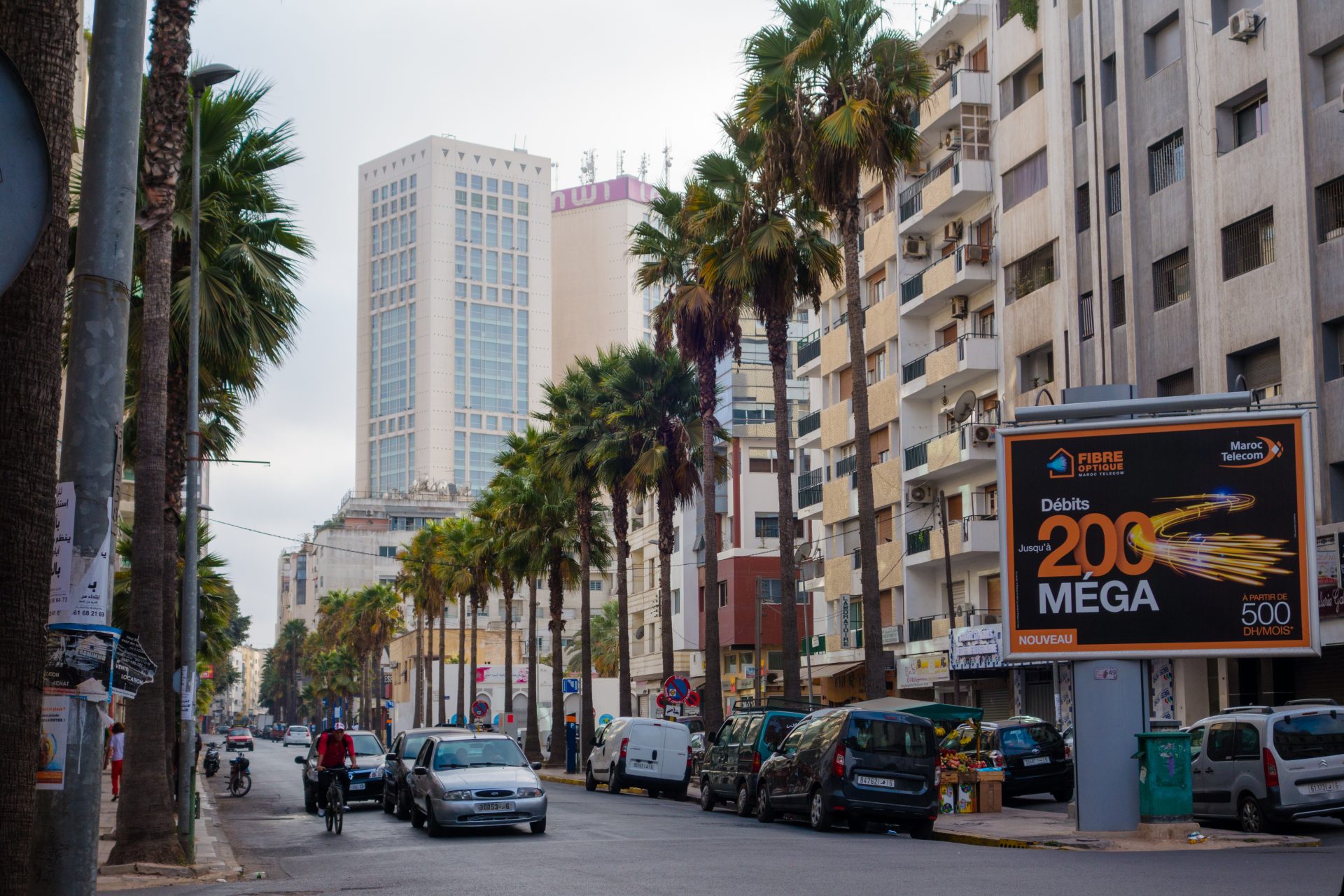In the past few years, the African continent has observed a steady increase in both domestic and foreign direct investment (FDI). FDI is a vital source of funding for Africa and contributes to approximately one-third of overall financing on the continent. Africa’s journey towards becoming the frontier market for global investment has been bolstered by an increase in commodity prices, which led countries like Angola and Nigeria out of recession.
The abundance of natural resources, continuing urbanization and rapidly growing mobile phone usage have driven significant investment into the continent. Also, a growing middle class, low competition, and an innovative spirit have further helped in attracting foreign investors. New energy and resource discoveries in the resource-rich economies like Kenya, Sierra Leone, and the Democratic Republic of Congo have also provided significant funding to the relevant regions.
However, being both the driver and engine of an economy, domestic investment is necessary to sustain growth, create employment opportunities, and lay the foundation for poverty reduction. The progressive growth of the continent over the last decades has led to a rapid increase in the need for resources, infrastructure, and production capacity.
Nevertheless, the rate of domestic investment has not grown fast enough to keep up with these growing needs. As a result, many African countries are facing a wide gap between their capital requirements and the available domestic resources. To raise the necessary capital, fundamental reforms are required to attract national, intra-African and global investment.
Despite Africa’s profitable opportunities, one of the prominent reasons why investors have been hesitant to invest in the continent is the remaining degree of uncertainty. The uncertainty regarding the market risks is manifested in different ways, namely political and macroeconomic instability, lack of transparency and inadequate infrastructure. Many parts of Africa are still politically unstable, mainly due to frequent military interventions in political, religious, and ethnic conflicts.
Consequently, there has always been a strong correlation between conflict and foreign investment. Regarding the macroeconomic instability, the variables are defined by currency fluctuations, double-digit inflation, and excessive budget deficits. The lack of transparency in several African countries leads to the difficulty in predicting government actions and their impact on the economy.
Finally, the absence of adequate infrastructure in terms of telecommunication, transport, power supply, and skilled labor discourages investment as it significantly impacts operation costs.
When designing policies to promote FDI, it is crucial for governments to understand that FDI requires a long-term commitment and high costs, which is why investors have to be able to rely on the local governance and investment framework. For these reasons, African governments would benefit from shaping domestic, regional, and international actions in a manner which is more conducive and transparent for investors. The African community has to work on improving the negative image of the continent collectively.
Measures like infrastructure development, digitalization of services, simplification of the regulatory framework, and facilitation of profit repatriation, are only a few examples of how new and existing investors can be encouraged to invest. An improvement in the overall business climate will also motivate domestic investors to keep their wealth within the country.
Another way of promoting domestic and foreign investment in Africa is by creating awareness about investment opportunities. Observations of the African market show that over-reliance on investment promotion agencies (IPAs) has not been effective. Hence, there is a need for shifting the emphasis from IPAs to the online market. Studies show that existing investors also play a significant role in attracting new investors.
Capital creates opportunities, and irrespective of the size and degree, both domestic and foreign investments have a significant impact on infrastructure, employment, and quality of life. While domestic investment is struggling to fill the gap between Africa’s investment requirements and local resource availability, FDI can play a supportive role in closing this financing gap.
However, domestic investment can also help to catalyze the inflow of FDI into the African economy. Local investors tend to have a better knowledge of the investment climate and the overall state of a country. For this reason, their actions can be an indicator of the state of the economy and can encourage foreign investors to invest. Furthermore, the factors that stimulate domestic investors usually also excite foreign investors.
In the recent years, Morocco has been successfully attracting a consistent flow of foreign capital, mainly because of the conversion of foreign debt into investments, the country’s national privatization program, and the concessions on its public services. Foreign investment has mostly dominated the tourism, banking, and energy industries.
Morocco is also targeting sub-Saharan countries to further improve foreign investment opportunities. To bring about economic modernization that attracts FDI, Morocco has launched a variety of projects with an intent to establish Casablanca as an international financial center. A new investment charter has also been adopted with the aim to restructure investment promotion activities. Besides, a plan to develop free-trade zones in each of the country’s twelve regions has been introduced.
Morocco’s favorable investment climate is also due to its strategic location between Europe and sub-Saharan Africa. When it comes to foreign investment, France, Saudi Arabia, and the United Arab Emirates have been the country’s three major investors, with FDI mainly being concentrated on the real estate, retail, and manufacturing sectors.
Foreign investors find favorable investment opportunities in Morocco for a variety of reasons. Firstly, the country’s assistance measures and legal frameworks are very favorable to investors. This provides them with protection in instances of market fluctuations. Secondly, the availability of young and well-trained professionals coupled with relatively low labor costs encourages entrepreneurs to invest in the country’s growing economy.
Morocco has launched a series of initiatives to make its economy more investment-friendly. In 2014, the country introduced its Industrial Acceleration Plan, which improved supplier relationships and value chains between large companies and small and medium-sized enterprises (SMEs).
Furthering its efforts to establish the country as an investor-friendly destination, the Moroccan Agency for Investment Development has also aggregated all the relevant information on its website including information on business setup, production costs, business climate, and applicable laws and regulations.
Since the early 2000s, Morocco has proved itself as an attractive investment location for both domestic as well as foreign investors. Through reforms in infrastructure, trade liberalization, structural reforms, and evolution of macroeconomic policies, the country presents a number of incentives for investors.
By directly improving the conditions associated with the inflow of domestic and foreign investment, Morocco has therefore successfully established itself as an investment-friendly economy.



23 comments
Comments are closed.